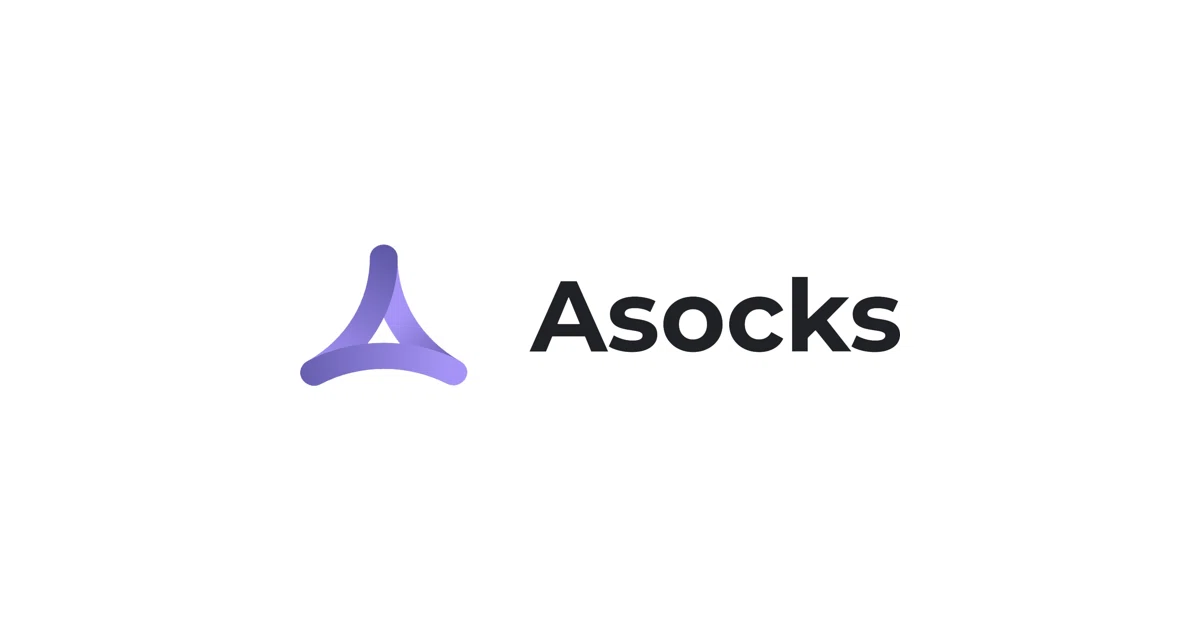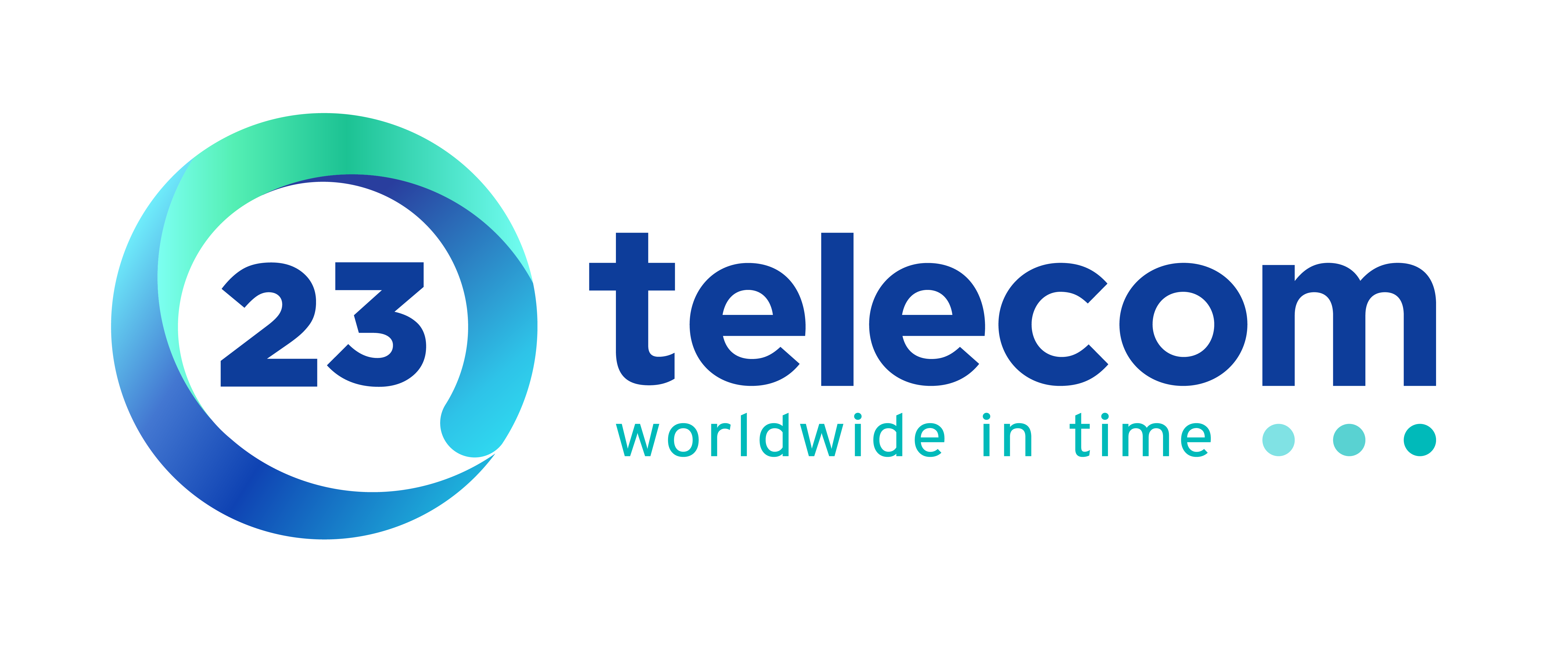iGaming and Affiliate Marketing News
In the News section on 3S.INFO, you’ll find up-to-date coverage and insights on the iGaming industry, including key trends and developments shaping the gambling market. We highlight the latest updates in gaming legislation, introduce new products and technologies, and comment on changes affecting operators, affiliates, and platforms.
You’ll also find a dedicated section with exclusive iGaming Heroes interviews, featuring experts from affiliate marketing, betting and gambling sectors. Every day we deliver only relevant industry information: performance reviews of CPA networks, affiliate programs, market trends, opportunities and emerging challenges.
Stay connected with our news updates to keep track of the fast-moving world of iGaming and online gambling.
What is ASO?
25 Feb 2026
Top-Performing Telegram Ad Formats 2026
25 Feb 2026
What Are Instant Games?
25 Feb 2026
Where to Attend iGaming Conferences in 2026–2027: How to Choose and What to Expect
20 Feb 2026
How to Use Telegram Targeting for Gambling Ads
18 Feb 2026
iGaming Traffic in 2026
18 Feb 2026
Player Protection: Strategies Against Gambling Addiction
16 Feb 2026
iGaming Trends in 2026: What Will Define the Market
12 Feb 2026
Which AI chatbots allow iGaming advertising?
12 Feb 2026
The iGaming Industry in 2026: Markets, Licenses, Metrics, Trends
11 Feb 2026






































